What’s the Difference Between Aircraft Grade Aluminum and Ordinary Aluminum?
In the vast field of materials science, aluminum alloys play a pivotal role in industries such as aerospace, construction, and automotive due to their lightweight nature, high strength, and corrosion resistance. Among them, Aircraft-grade and ordinary aluminum alloys represent two distinct branches, each with unique advantages. Here is a detailed comparison between the two:

What is Aerospace-Grade Aluminum Alloy?
Aircraft-grade aluminum is an ultra-high-strength wrought aluminum alloy widely used in the aviation industry. It offers excellent mechanical and processing properties, good plasticity after solution treatment, and significant heat treatment strengthening. It maintains high strength and toughness at temperatures below 150°C (and even higher), making it an ideal structural material.
Aircraft use various aluminum alloys, primarily high-strength 2-series (e.g., 2024, 2017, 2A12) and ultra-high-strength 7-series (e.g., 7075, 7475, 7050, 7A04). Aerospace aluminum is mainly used in structural parts like wing skins, spars, beams, fuselage frames, seat rails, keel beams, side frames, fuselage skins, bottom panels, and floor stringers.
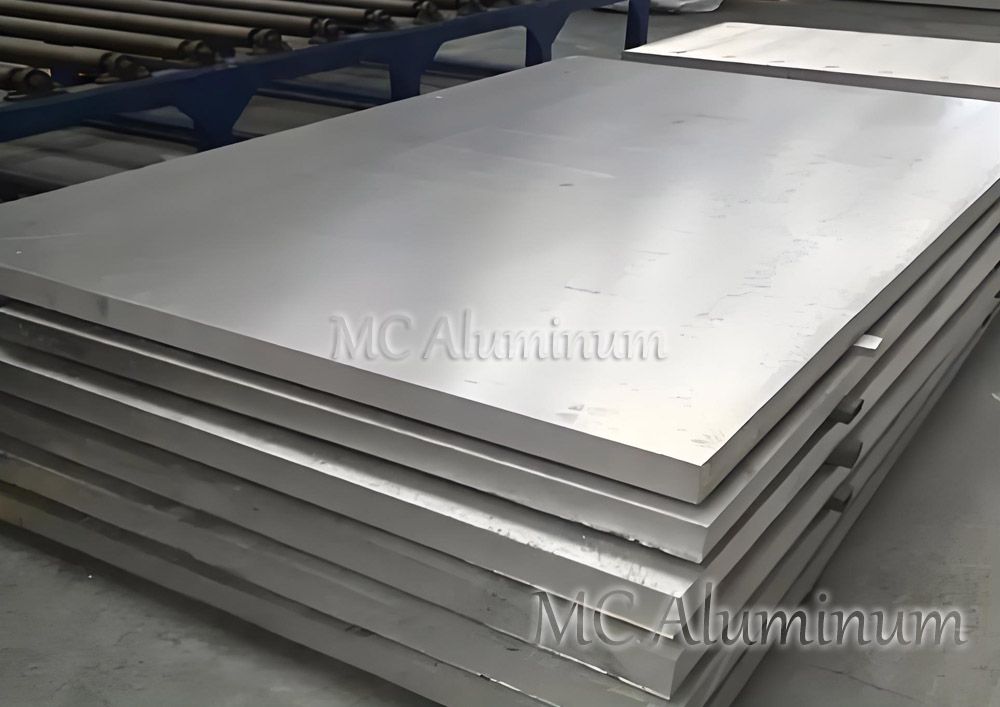
Aircraft grade aluminum vs. Ordinary Aluminum
1. Chemical Composition: The Foundation of Performance
The primary difference lies in the elemental composition. Aircraft aluminum alloys feature stricter element ratios, with precise additions of copper, zinc, magnesium, and others to significantly enhance strength and hardness for the extreme demands of aerospace applications. In contrast, ordinary aluminum alloys (e.g., 3003, 5052) typically incorporate elements like silicon, magnesium, and manganese to meet a broader range of general-purpose needs.
2. Mechanical Properties: Strength vs. Ductility
Aircraft grade aluminum, especially 7-series alloys, has the highest hardness among all aluminum types, making it suitable for aviation and aerospace use. Its mechanical strength and hardness far surpass those of regular aluminum, which is typically used for simpler structural components with lower performance demands, such as auto parts or industrial molds.
3. Corrosion Resistance: Performance Under Harsh Conditions
Many aircraft grade aluminum undergo anodizing or clad layer treatments. Alloys like 2024 and 7075 maintain excellent corrosion resistance even in extreme environments like acid rain or marine exposure, ensuring aircraft reliability. While ordinary aluminum alloys also offer corrosion resistance, they are more prone to pitting or oxidation stains when exposed to long-term moisture.
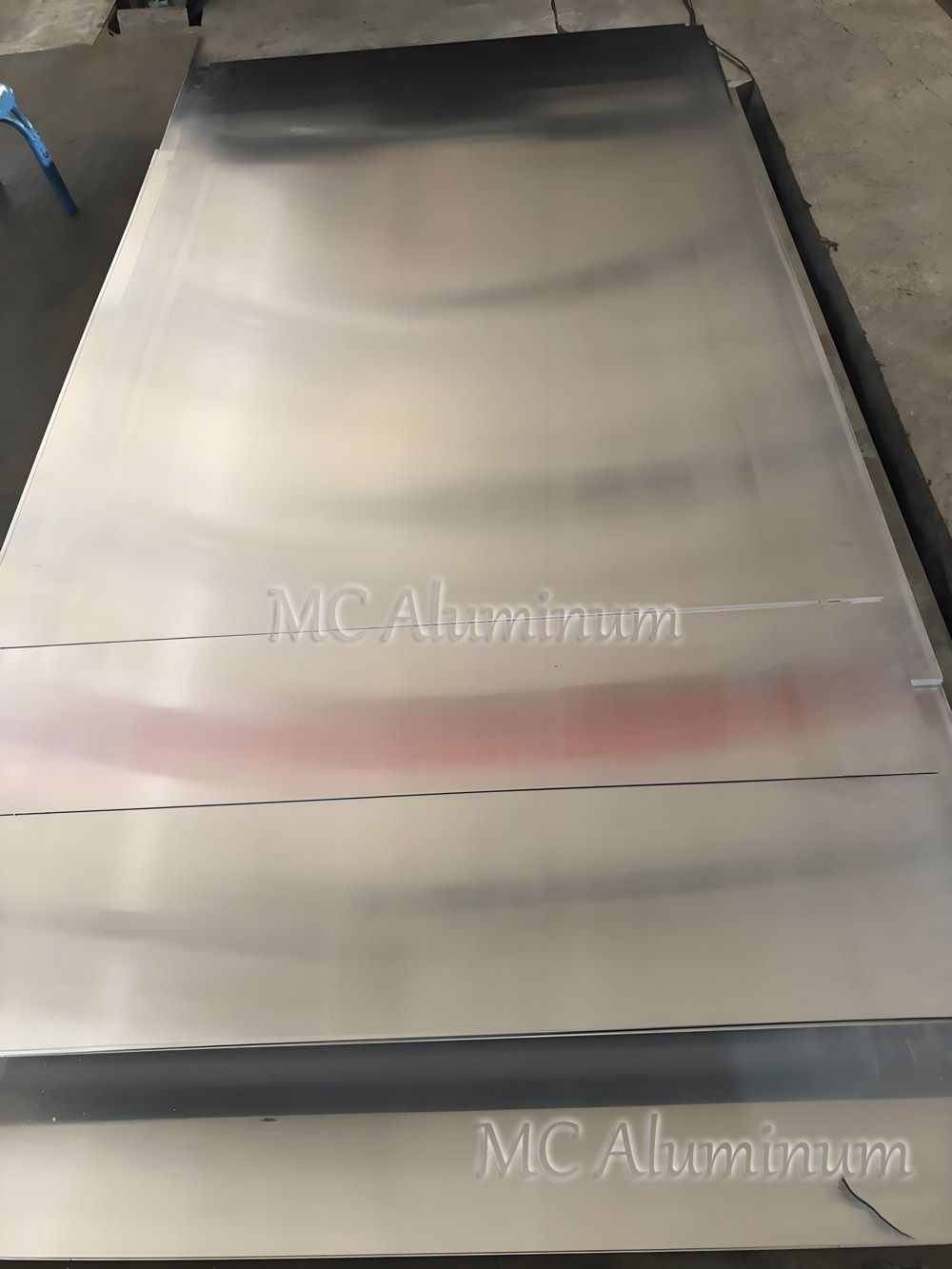
4. Manufacturing Process: Precision vs. Simplicity
The production of aircraft aluminum alloys involves strict processing techniques, including casting, forging, rolling, and heat treatment, with precise control over temperature and pressure to achieve optimal performance. By comparison, ordinary aluminum alloys are produced using simpler, more cost-effective methods such as extrusion, drawing, and forging.
5. Application Fields: High-End vs. Versatile
Due to their superior properties, aerospace aluminum alloys are favored in high-end applications like aviation, aerospace, high-speed rail, and precision equipment. Ordinary aluminum alloys, with their low cost, good processability, and reliable corrosion resistance, are widely used in construction, transportation, home appliances, and general manufacturing.
6. Cost Comparison: Performance Comes at a Price
Cost is a key market differentiator. Aircraft aluminum alloys are more expensive due to higher material purity, complex processes, and stringent quality controls—suited for high-value industries like aerospace, military, and rail. Ordinary aluminum, on the other hand, is cheaper, benefits from mature manufacturing processes, and meets broader industrial and consumer demands.
Conclusion:
Aircraft aluminum is the “special forces” of the aluminum family—engineered to perform under extreme conditions and heavy loads. It offers top-tier performance at a high cost. In contrast, ordinary aluminum is a “versatile workhorse”, excelling in affordability, corrosion resistance, and machinability, making it an essential material for a wide range of industries and daily applications.

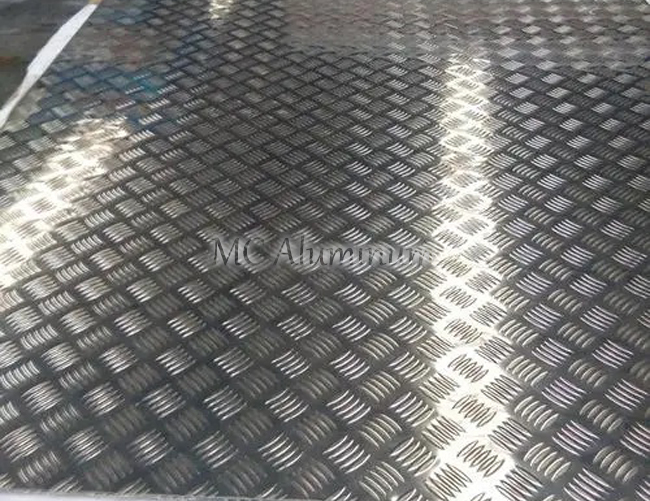
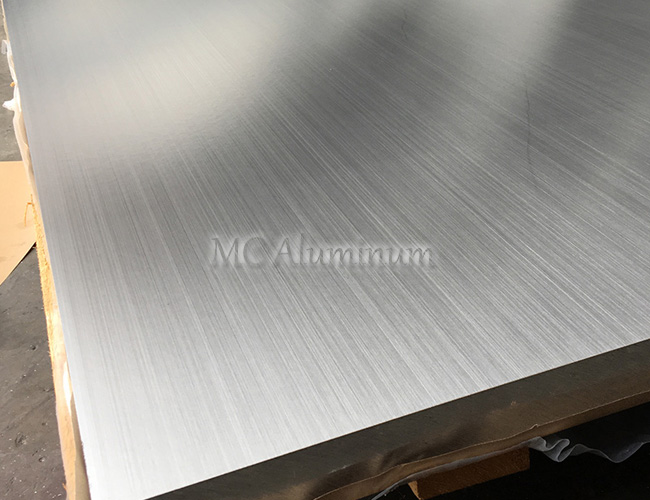
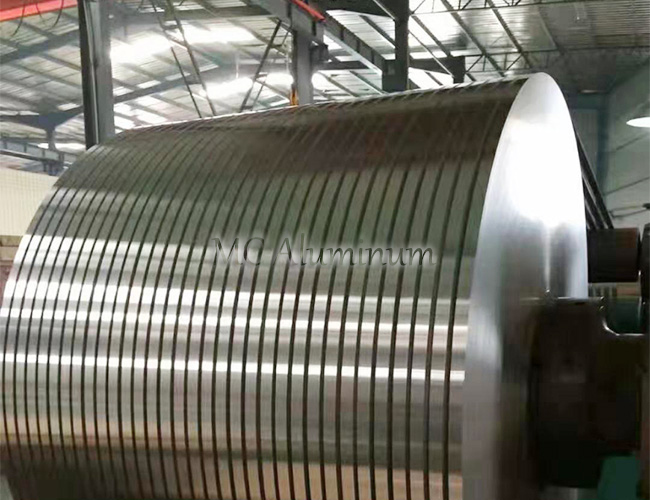
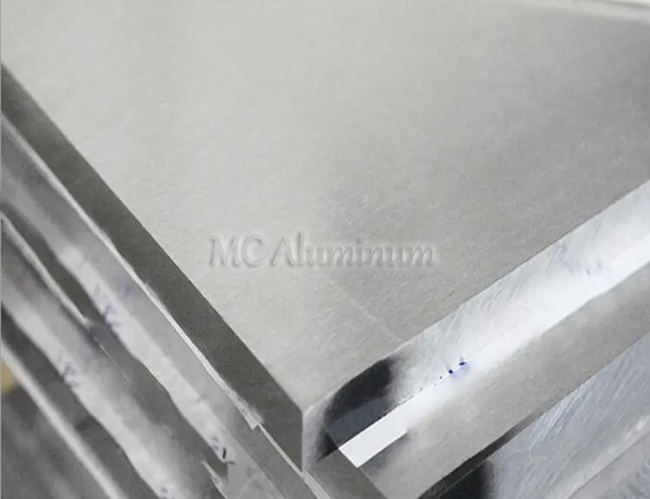

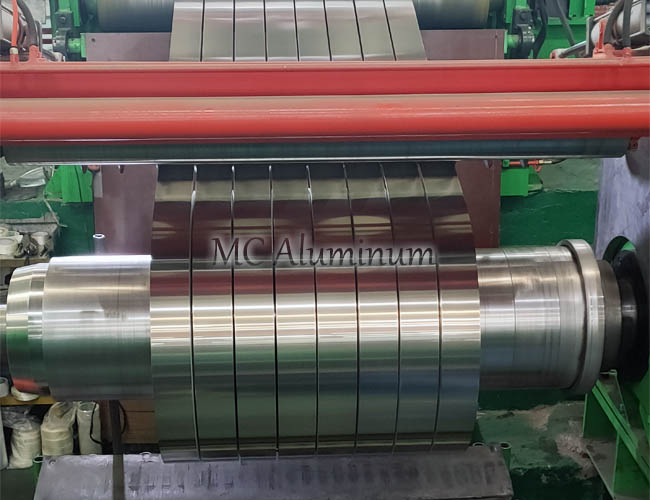
Contact Us